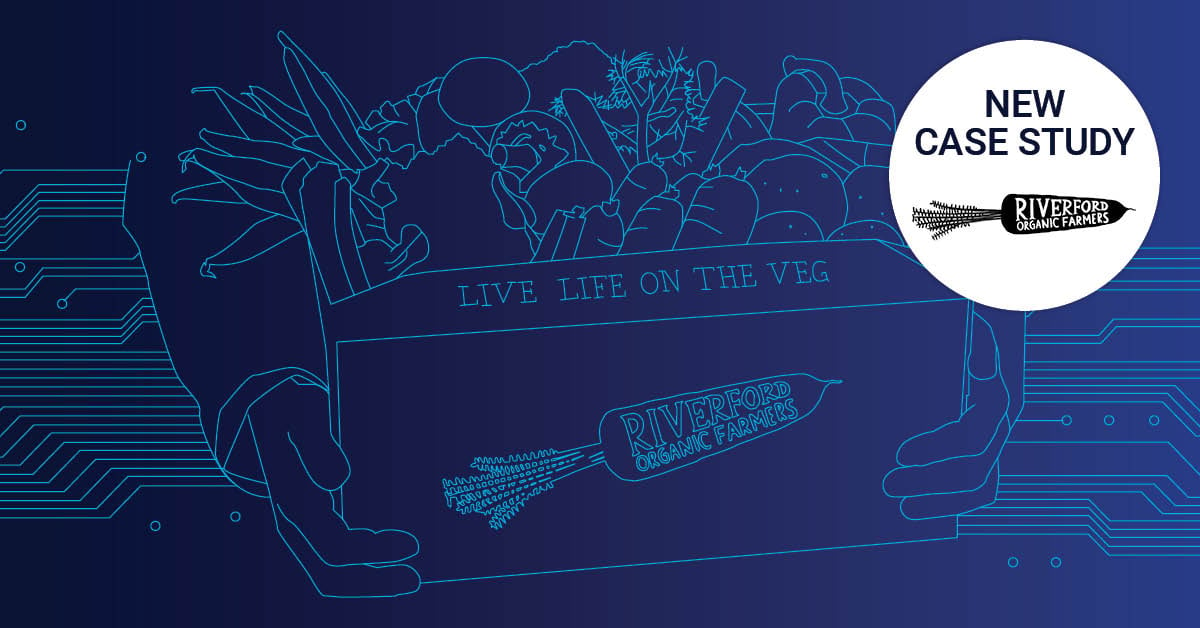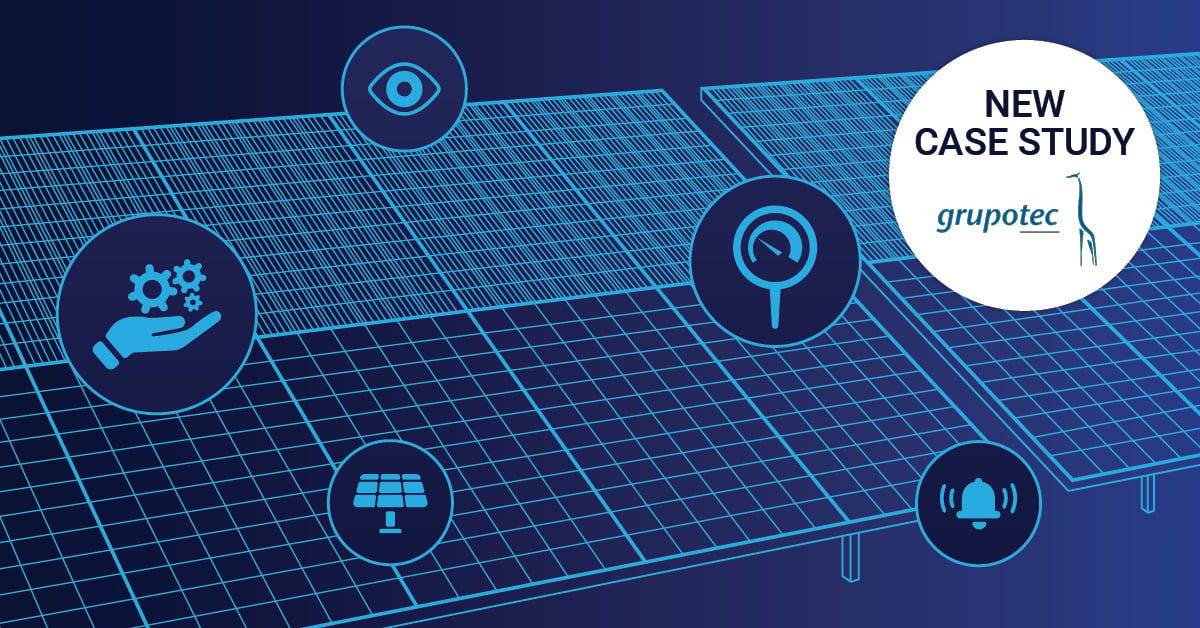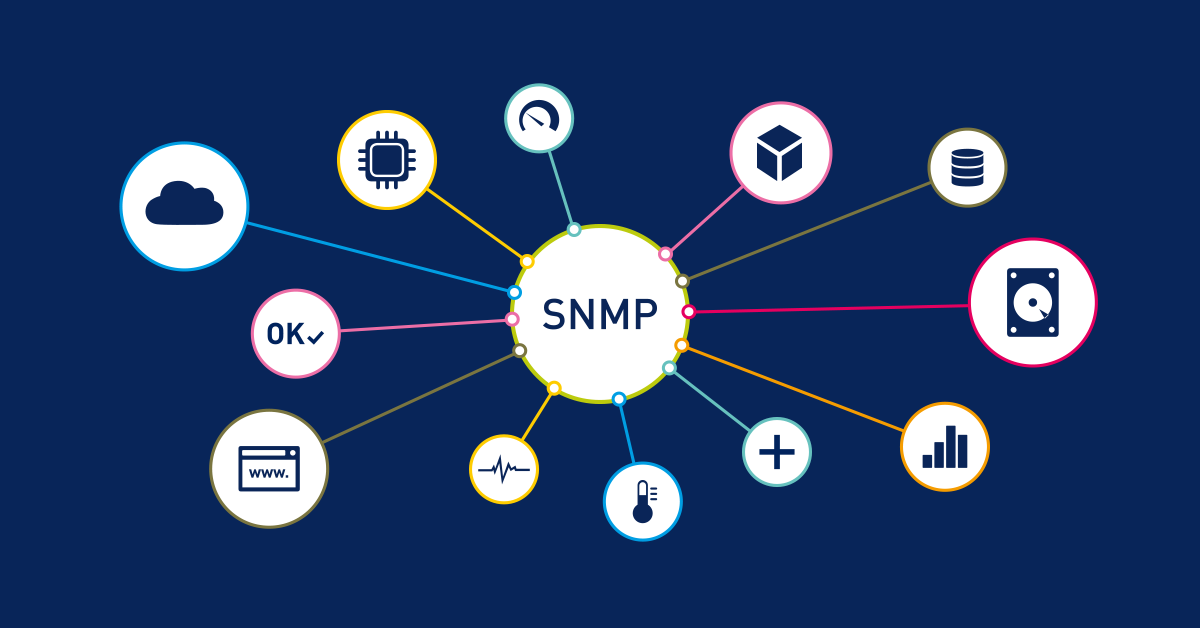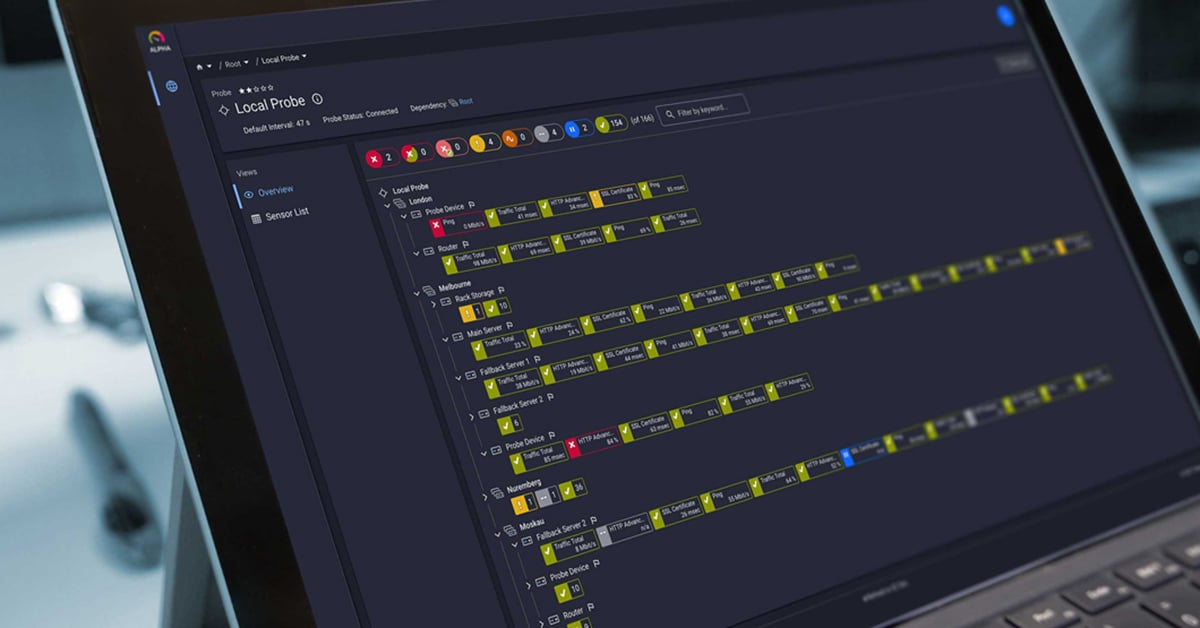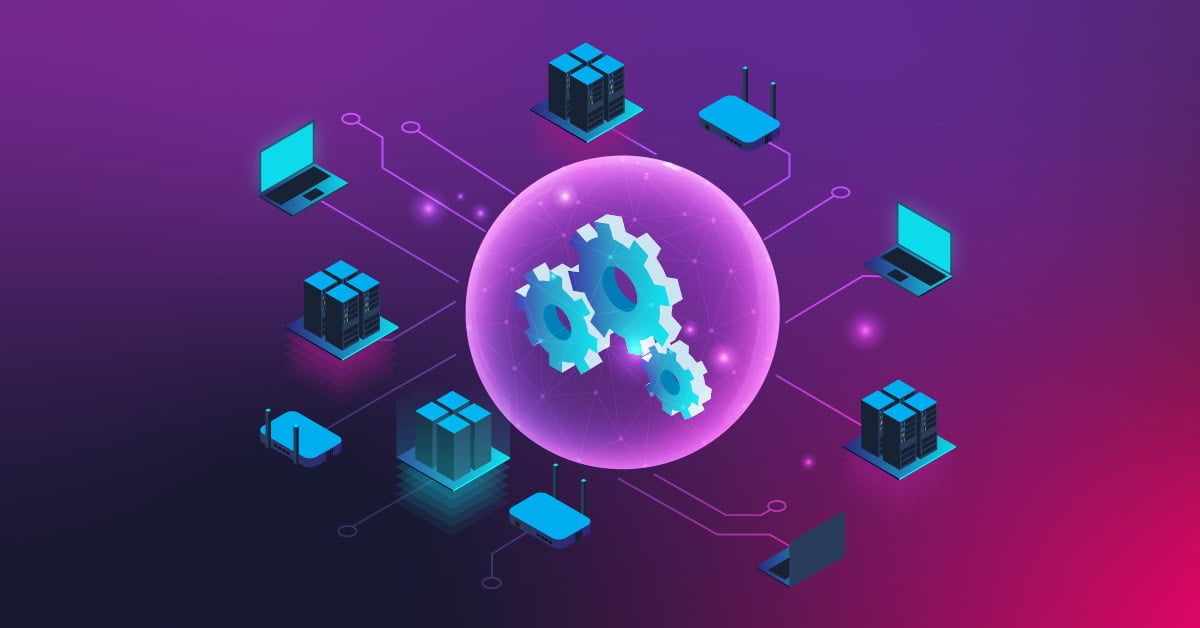Selecting an appropriate database management system (DBMS) is crucial for business continuity, data integrity, and organizational growth. A well-chosen database management system ensures optimal performance, security, and scalability while reducing operational costs. Understanding the intricacies of database management system selection is vital for IT professionals and decision-makers considering options such as relational database management systems (RDBMS) like Oracle, SQL Server, and MySQL, or NoSQL alternatives like MongoDB and Cassandra.
In the process of selecting a database management system from a wide range of concepts and vendors, the following points should be considered before making a decision:
1. Data Model Database Management System Architecture: Relational vs NoSQL
The relational concept has been around for a long time and recently has become more successful again through NoSQL databases. Relational vs. NoSQL is based on your individual needs and their main advantage is the data structure itself.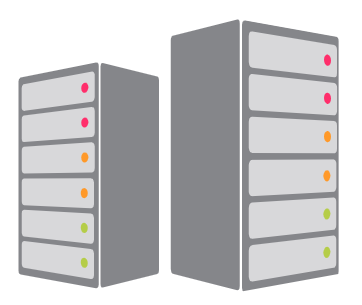
In order to make a decision on which model suits you best, you should ask yourself: Do you have a data structure which you can easily transfer to a relational model or do you have to work with unstructured data? How do you want to retrieve and use the data?
For example: The analysis of hierarchical data in sequential files can be processed faster in a NoSQL database than in a relational one. Since relational databases have been around for a long time, there are many commercial RDBMS (relational DBMS), whereas NoSQL databases are often provided as open source.
2. Database Management System Security Requirements
With modern systems, data entry has become much less of an effort. However, consistency of data becomes more important when multiple sources enter data in the same database. Therefore, rules of consistency are critical and the facility to define them should be a key criteria when selecting a new database management system.
3. Database Management System Security Requirements
Availability is often a business success factor for companies and data needs to be available at any time. Backup and restore of the databases should be possible and your database management system of choice must be able to perform it. The IT Administrators should provide a framework and a management plan for data safety and low downtime.
4. Data Protection 
Access protection and encryption: The system should allow to protect personal data. Every database management system has its own data encryption, but the options to design routines and access rights are different for every system. The way of data protection must depend on the data structure and should be carefully evaluated in the evaluation process of a database management system.
Compliance with regulation requirements: Modern database management system selection should also include requirements like GDPR, HIPAA, SOX regulations, etc. depending on your industry.
5. Multi Access and Integration
Installing a database management system, executing it and expanding it for future requirements need to have sufficient flexibility to be integrated into the existing IT infrastructure. The database management system itself should also permit simultaneous accesses by different users. The synchronization and integration of this with other tools is also important for smooth workflows.
6. Database Management System Performance and Scalability
When speaking about database management system performance, most of the time we mean response time. There are on premise and cloud products on the market. Depending on your existing IT infrastructure, a cloud based solution might have some disadvantages as you are relying on your network service and network providers latencies. Cloud computing on the other hand can give you more and better resources than your on premise infrastructure.
Database Management System Monitoring: Choosing your database management system is just the first step. Ongoing monitoring of the database is critical to ensuring optimal performance. PRTG Network Monitor delivers comprehensive database management system monitoring with dedicated sensors for Oracle (10.2+), SQL Server (2005+), MySQL (5.7+), and PostgreSQL (7.x+) databases. You can monitor response times, connection pools, storage performance, and memory utilization with automated alerting and in-depth reporting.
👉 Start monitoring your database to ensure optimal performance.
7. Usability
There will be multiple user groups for a database management system. Admins, IT, and Database admins, Application integrators and data consumers. All these user groups will need to have an easy to understand query language and intuitive UI to use a database management system with ease and efficiency. The easier it is for the user, the less people cost.
Look for vendor ecosystem strength including professional services availability, training programs, and community support.
8. Database Management System Total Cost of Ownership (TCO) Analysis
The modifiability and availability of support and documentation has to be considered as part of the implementation and TCO. Development needs have to be part of it as well, because database managements systems need to be tailored to the specific needs of the company. A well documented overview of these needs and costs will help you to choose the right tool. Vendor or community support as well as good documentation will save you time and money.
Conclusion
You can use these key considerations for creating your own list of requirements and compare different database management systems available on the market. The most popular vendors for relational database management systems are Oracle, IBM DB2, MSSQL, AWS Web Services and for NoSQL, mongoDB. Don't forget to setup a monitoring strategy in order to keep the database management system up and running and performing at its best, once you have chosen a solution and starting rolling it out. Your database management system is a key component for today's business success.
👉 Start your free PRTG trial and discover how professional monitoring enhances database management system reliability and performance.
 Published by
Published by 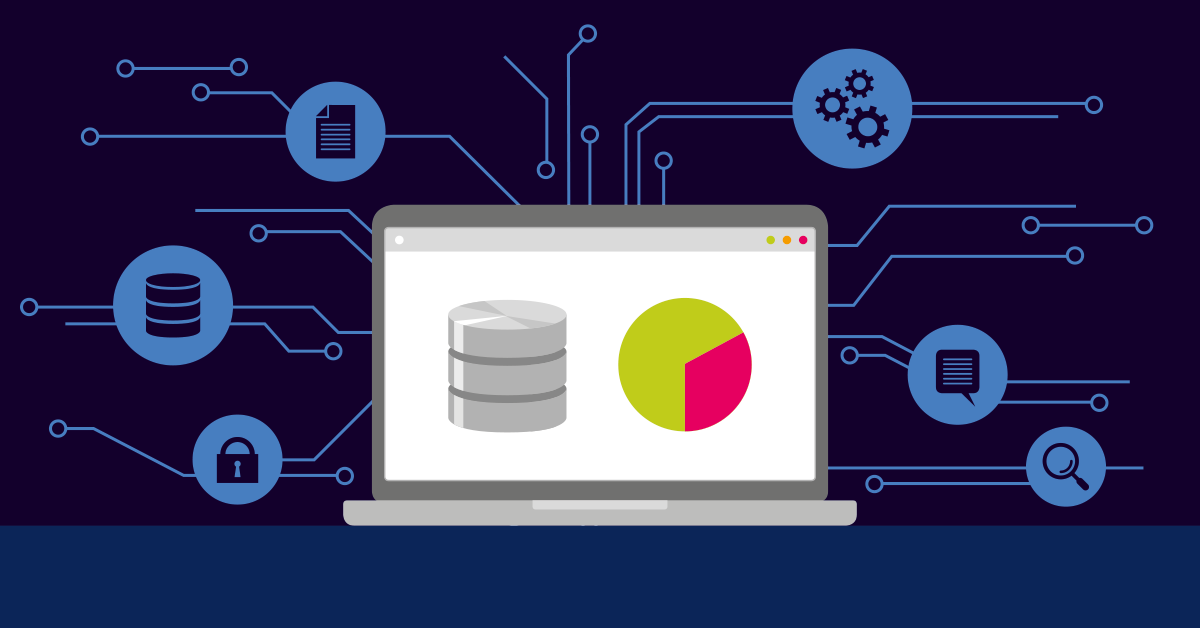


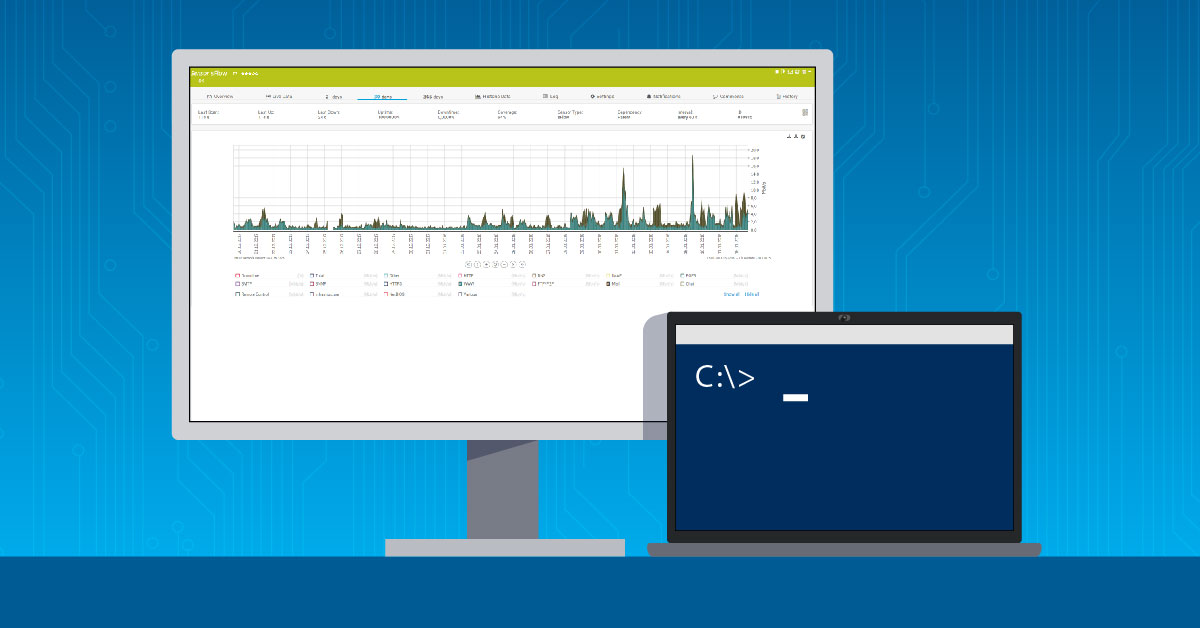
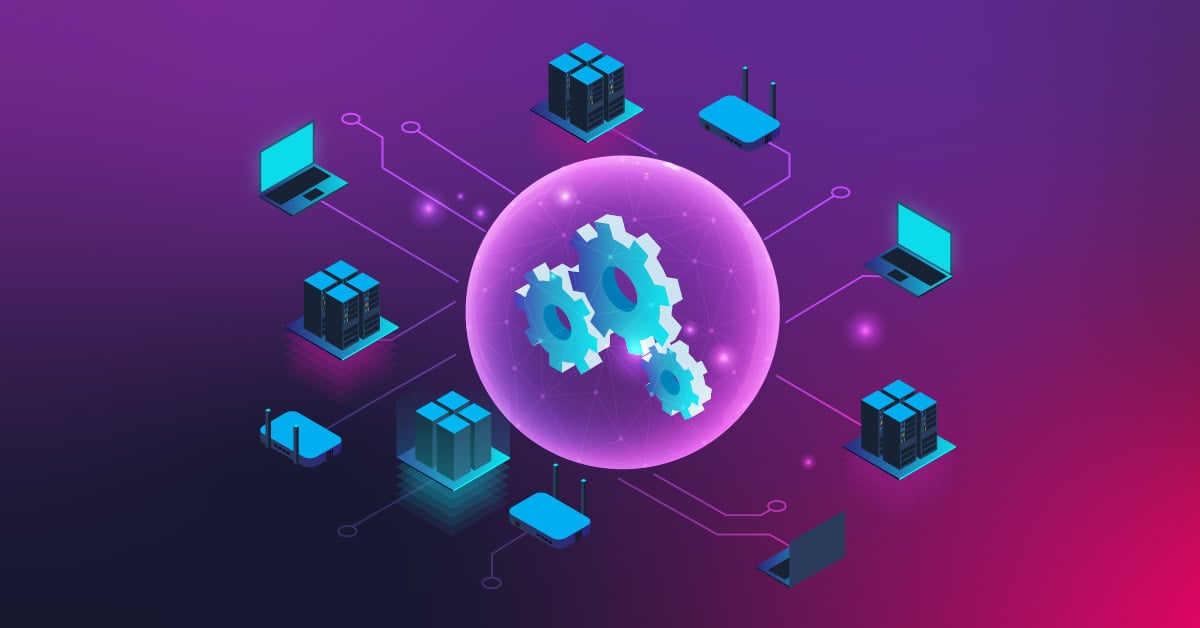
.jpg)
